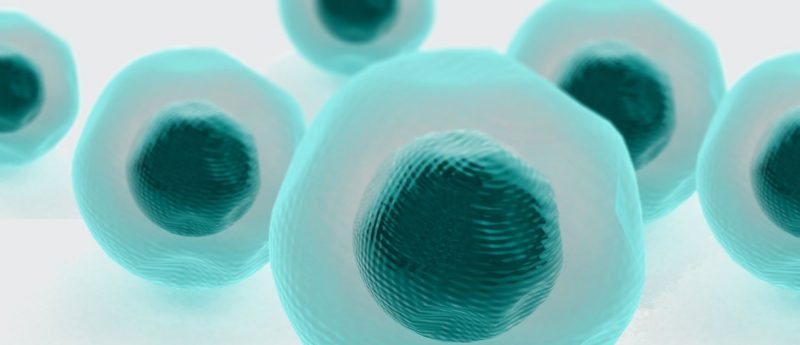Moving from autologous to allogeneic production generates greater manufacturing efficiencies

Andrew Finnerty, NUI Galway: “autologous cell therapy production faces a number of unique challenges which are not seen in allogeneic production”
In a recent interview with Pharma IQ, Andrew Finnerty, General Manager, CCMI Ireland at NUI Galway (Ireland) said that autologous cell therapy production faces a number of unique challenges which are not seen in allogeneic production; such as the cost of goods, scaling up production and testing costs. If manufacturers can move their production from autologous to allogeneic they may be able to create a number of manufacturing efficiencies.
In terms of a one person to one treatment ratio, autologous therapy product is financial ineffective. In comparison, allogeneic production can provide treatment for four or five patients with the cells from a single batch. Finnerty said that in terms of testing, both allogeneic and autologous therapies go through a similar process, however testing for allogeneic production will cover several participants and therefore the product can be sold to several different people, making it more financially viable.
“The unique challenge of autologous therapies are that you’re only dealing with one patient, so from a production point of view, there is not only the cost of goods for that particular patient, but also the fact that you’re using your facility to grow up those cells within that workstation, and you can typically only do this one batch at a time” says Finnerty.
The cost of goods can pose a significant challenge for autologous cell production, particularly if testing is performed by contract laboratories. Finnerty said that there is a challenging future ahead for personalized treatments; for a one person to one treatment ratio it will be challenging to improve the cost base and the cost of goods.
It will be challenging to reduce the cost base and the cost of goods in autologous cell therapy production, but Finnerty recommended that companies can try to improve their cost margins by bringing testing in-house. Finnerty concluded that allogeneic therapies tend to be more attractive from a manufacturer and patient perspective, because production can be cost effective and manageable.
Andrew Finnerty will be presenting a case study on ‘Optimising Manufacturing Opportunities for Allogenic Production’ at the Cell & Gene Therapy Manufacturing Conference 2018 taking place on 13-15 November in London, UK. Download the agenda for this event here.
For more information or to reserve your place at this event call +44 (0)207 036 1300 or email [email protected]